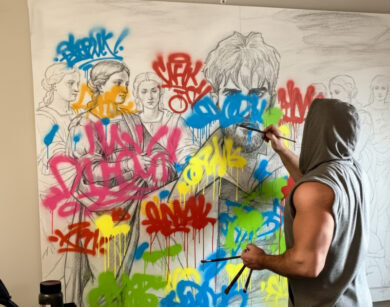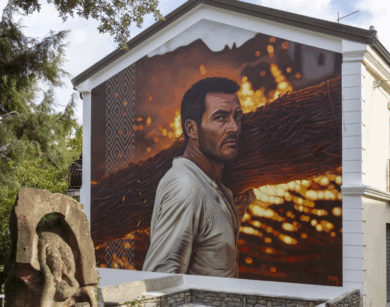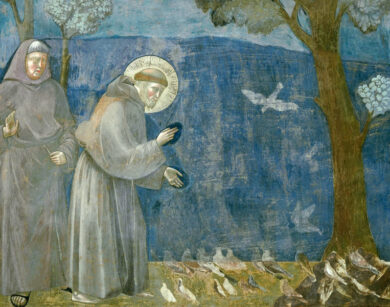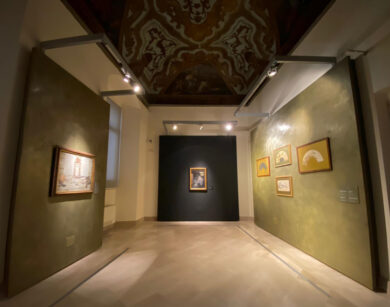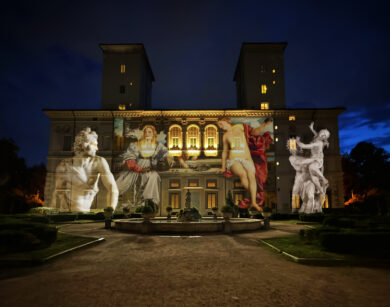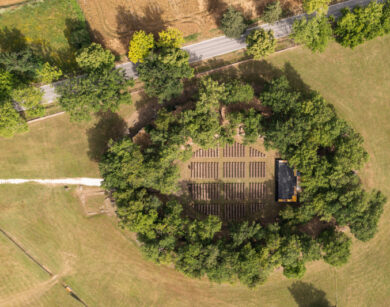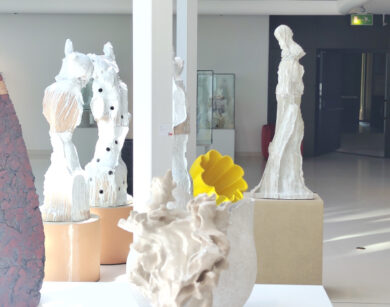Featured
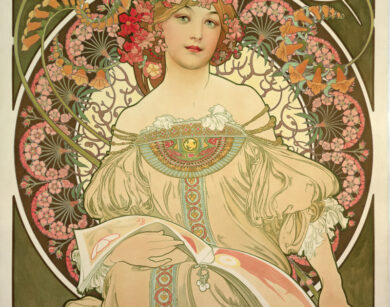
 Biglietti disponibili
Biglietti disponibili
Beauty according to Mucha on display in Rome
There are exhibitions that make you fall in love at first sight and others that make you want to live inside a poster. The Alphonse Mucha exhibition at Palazzo Bonaparte does both. From 8 October 2025 to 8 March 2026, Rome will be transformed into the enchanted realm of Art Nouveau. This is not just […]
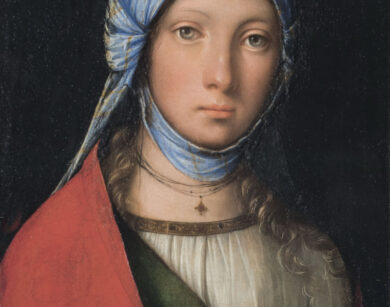
Boccaccio Boccaccino: the Renaissance master to be rediscovered
How often, when talking about the Renaissance, do the usual big names come to mind? Leonardo, Raphael, Michelangelo… yet Italy is dotted with lesser-known but extraordinary artists who deserve to be mentioned. One of these is Boccaccio Boccaccino, described by Giorgio Vasari in his famous Lives as a “rare” and “excellent painter”. A master who […]

Shapes, colours and visions in the works of Alice Lotti – ARTIST’S STUDIOS
Some interviews are special from the outset. The interview with Alice Lotti is a dialogue that spans form, colour, the city and vision. It is the voice of a designer, illustrator and street artist who has managed to combine thought and mark, aesthetics and commitment, public projects and personal research. She described her studio surrounded […]
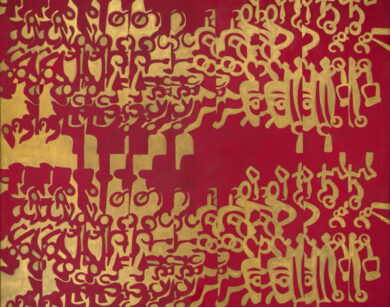
Contemporary art: exhibitions not to be missed in DECEMBER 2025
Here we are: December has arrived with its somewhat timid light and endless to-do list, but I’m here to share the contemporary art exhibitions selected, as every month, by Alice Traforti. In this post, you’ll find only exhibitions that will make you want to linger a few minutes longer in front of a work, perhaps […]

Drawing as an art form: tracing the invisible, listening to silence
Drawing is the first gesture. It is what a child does as soon as they pick up a pencil, what an artist does to give shape to an idea, what each of us has done at least once without even thinking about it. However, drawing is not just a tool for designing or “sketching”; it […]
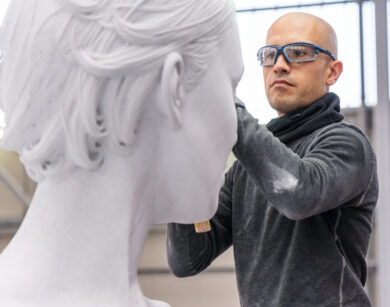
Interview with Jago: art, vision and the courage to create – STUDI D’ARTISTA
There are encounters that are unforgettable, and this is one of them. Studi d’artista today opens up a special conversation with Jago, an artist who needs no introduction, but who has agreed to really listen. What you are about to read is not just a dialogue, but a real encounter with a man and an […]
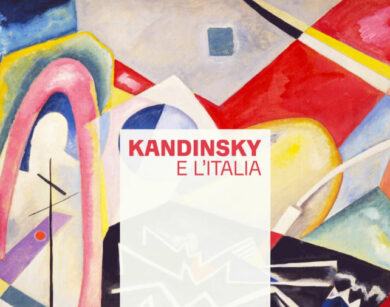
 Biglietti disponibili
Biglietti disponibili
Kandinsky and Italy: a journey through colours and revolutions
If I told you that one of the most important exhibitions of the year is in Gallarate, would you believe me? Trust me: Kandinsky and Italy at the MA*GA Museum is an extraordinary journey into the beating heart of abstract art. And yes, it is definitely worth a visit. From 30 November 2025 to 12 […]
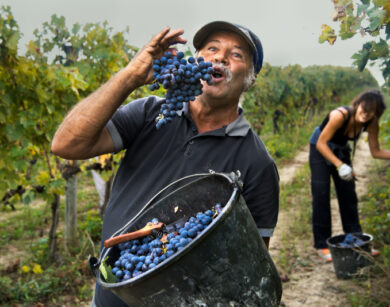
Steve McCurry: il fotografo che ha dato un volto al mondo
If, like me, you have ever had the feeling that a photograph could speak to you — without words, but with all the power of humanity — then you have already encountered Steve McCurry. You may not know it, but you have known him forever. You know his eyes. In fact, you know the most […]
Tickets

 Biglietti disponibili
Biglietti disponibili
Beauty according to Mucha on display in Rome

 Biglietti disponibili
Biglietti disponibili
Kandinsky and Italy: a journey through colours and revolutions
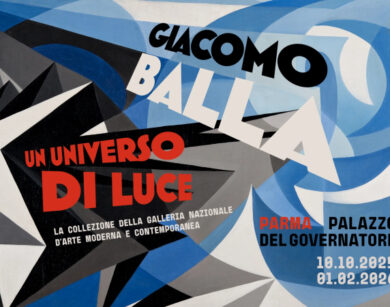
 Biglietti disponibili
Biglietti disponibili
Giacomo Balla, a universe of light in Parma
Events and Exhibitions
What to see in:
Follow me on:
About me
In this blog, I don't explain the history of art — I tell the stories that art itself tells.
Museums and galleries
Schools and periods
Biographies and Fun Facts
Nessun articolo disponibile.


